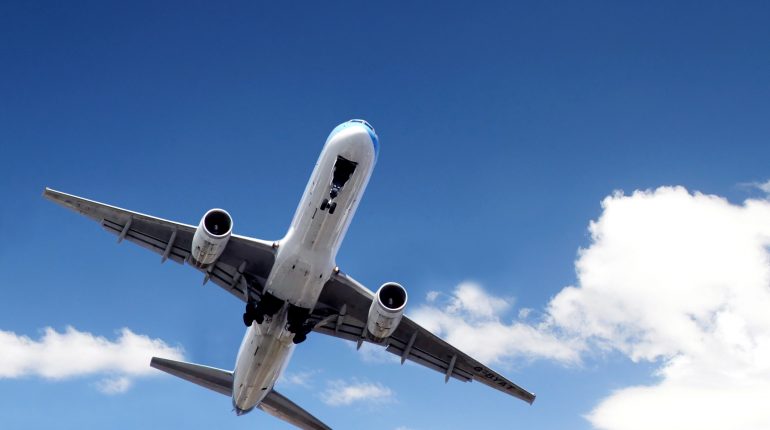Being an aeroplane pilot is a dream to many. The profession is fascinating, having the possibility of travelling all around the world. It is, of course, a huge technical challenge, being in command of a highly sophisticated machine, being responsible for the safety of thousands and thousands of people, over the years. It is incredibly well-paid, according to its responsibility, and also promises a stable and long career.
Be prepared to invest heavily. You should start by doing an aptitude assessment test, provided by The Honourable Company of Air Pilots. This way, you’ll know if you have the necessary skills (and chances) to become an air pilot. And this alone costs £155. A full course is way more expensive. The Flying Time Aviation, a flying academy based in Brighton, charges £70,000 for its programme. But there are ways to make it cheaper, as you’ll find out in this article.
Health issues
Pilots need to be like professional athletes. They must always be in perfect physical shape, to ensure the best reflexes, decision management, and so on. Also, you shouldn’t be short-sighted. For this reason, pilots will need to get a Class 1 Medical Certificate (which is valid for one year, until the pilot turns 40). If you’d like to have a quick appointment with a doctor, to know if you comply with the basic health requirements to become a pilot, you could try livi medical app.
Requirements
The main requirement is the Airline Transport Pilot Licence (ATPL), which will be provided by the Civil Aviation Authority (CAA). A demanding course of both theoretical and practical lessons awaits the candidates. Candidates will have to amass 1,500 hours of flight before performing the skill test. The theoretical lessons will demand to study radio navigation, all kind of procedures and, of course, air law and the basics of international law regarding aviation.
It is not mandatory to have a degree, but an A-level standard will be regarded favourably. You’ll need to know a lot about physics, engineering and law, among other areas. Even if it doesn’t require to be an engineer or a lawyer, you cannot skip classes. Moreover, you’ll also need to keep an eye on how Brexit, and politics in general, will influence flying, at a national or international level.
How to get there
Training schools and airlines programmes are the two options for those of want to become aeroplane pilots. The airlines’ option has advantages. The high costs of the courses and covered by the companies, which will take them back after the pilot begins to work, deducting from the salary. It’s easier (becoming cheaper for the candidate) and fair, as the pilot repays only when he can.
Virgin Atlantic, EasyJet and British Airways are among the companies providing their own flying programme. Learning with an airline also increases the odds of getting a seat after the conclusion of the course. You should contact the British Airline Pilots Association (BALPA) to know more about the schooling options.



